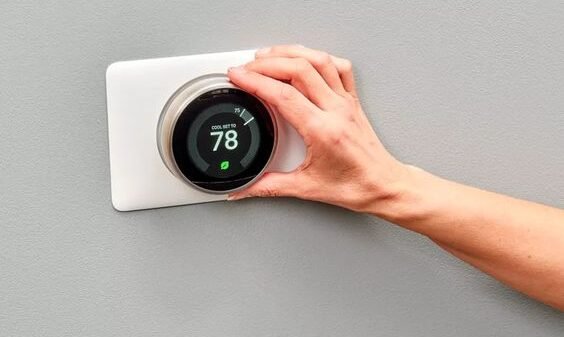With the growing digitalization of our world, normal security for your home and other physical assets is no longer enough to keep your belongings safe. Because so much information can be accessed through the internet, digital security has become a vital component in our society today.
Chances are, you probably already use some form of digital security today. Many computers and phones will come with built-in antivirus software and firewalls to offer some basic protection against malware and viruses. However, it is important to understand the other parts that make up good digital security practice.
This article aims to highlight everything you need to know to understand and practice proper digital security for when you use the internet and technological devices.
What is Digital Security?
Digital Security refers to a broad collection of tools and tips that help users stay safe when it comes to dealing with their online identity and important information. This can cover anything from your generic antivirus software to specialized online courses that focus on cybersecurity awareness. Check this out if you’re looking to read more about what makes up digital security.
Digital Security is much more than knowing how to avoid downloading viruses onto your computer. As our measures to protect against cyberattacks improve, unfortunately so do the attackers’ methods as well. Which is why it is so important to learn all aspects of digital security so that you can be prepared.
Examples of Digital Security
There are many forms of digital security, and so we’ll just outline the main components that make it up. We recommend implementing all these tools and tips into your life if you haven’t already, as they are the essentials.
- Antivirus Software. This is a big one, especially if you frequently download files from the internet for your work. We recommend using McAfee – it’s a free-to-use program that will protect your computer against the majority of harmful downloads. Check out their website here.
- VPN Protection. VPNs, or virtual private networks, encrypt your browsing data so that the internet provider you are using cannot get hold of the information you access and input online. These are a must-have if you often work from home on public wifi networks
- Email Vigilance. Email is by far the most likely way your data could get leaked to third parties. When sending an email, you have to be confident that it won’t get intercepted and read by the wrong person – and there are lots of ways that could happen, some out of your control. We recommend not email anything seriously important, unless you absolutely need to. In that case, you can encrypt files you send using Winzip’s encryption services. Read more about it on Winzip’s website.
Apply Digital Security Yourself
Now that you know the basics of digital security, the job now falls onto you to apply the tools and tips you have learned from this article into your everyday life. We recommend doing additional research of course, as this article was not meant to teach digital security, but rather give an introduction into the concept.
We went over 3 main components of digital security in this article: Antivirus software, VPNs, and Email vigilance. A combination of these three will do a good job, but you’ll want to look into additional digital security measures that you can use for you and your work. Remember to stay safe when browsing the web, and always double check the recipient is the correct recipient when sending important information. Stay vigilant, and you may just avoid falling victim to a cyber attack.





























































